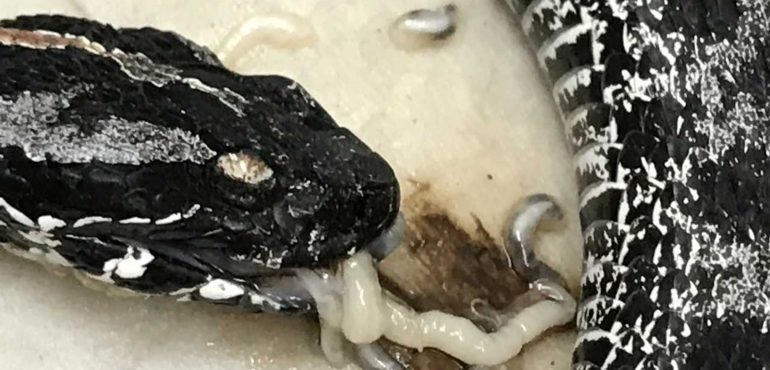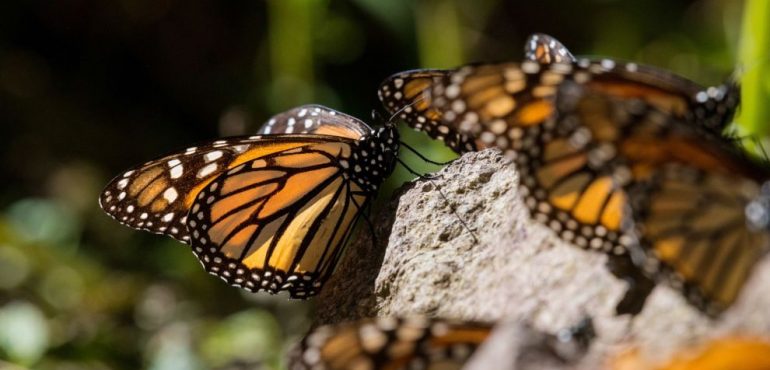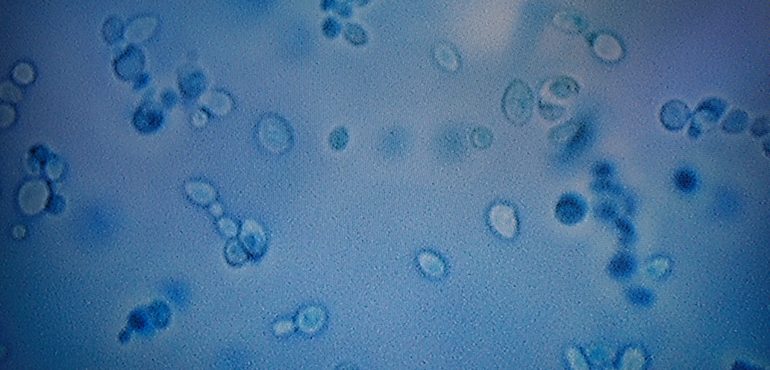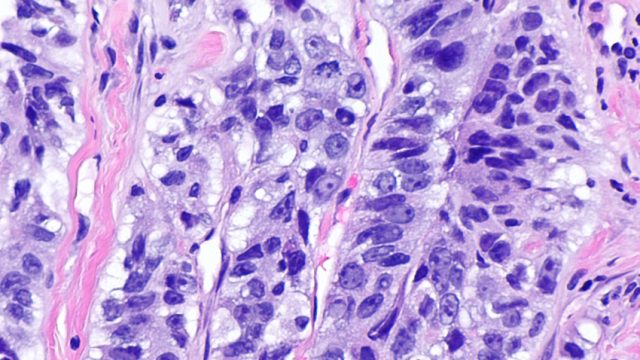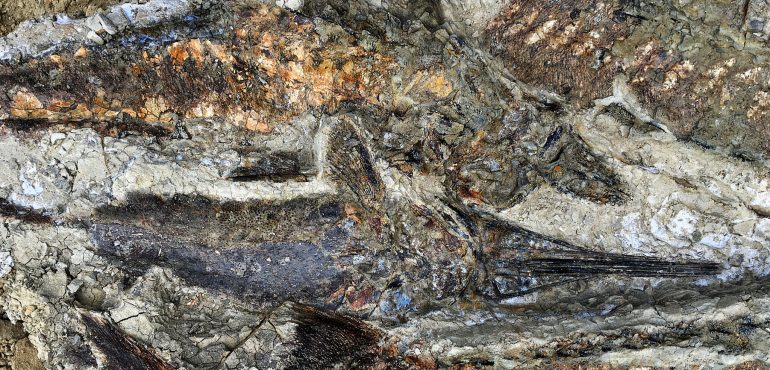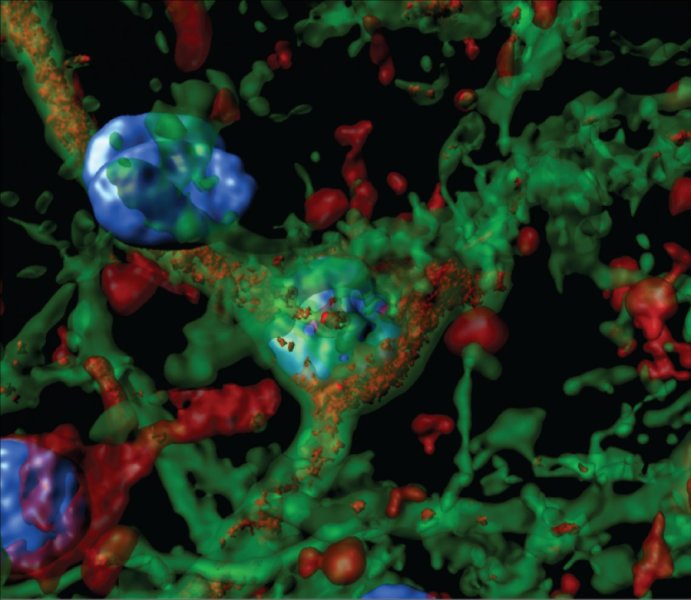Burmese pythons are a big, invasive problem in Florida — but an invasive parasite carried inside those snakes could spread further than the reptiles themselves, a new study finds. Scientists discovered the non-native bloodsucking worms, which are called pentastomes, crawling in the lungs of three dead pygmy rattlesnakes in Central Florida last year, according to a…
Read more
Bloodsucking worms from invasive pythons in Florida may spread across US, study finds
